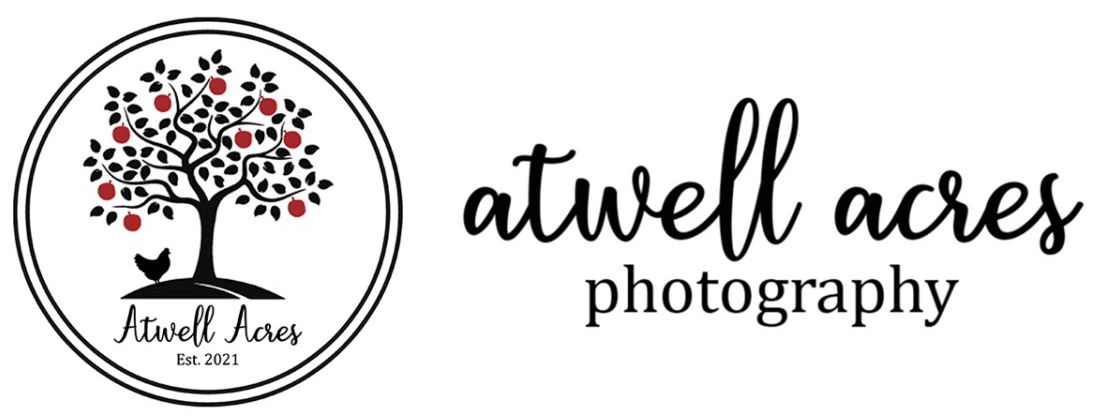Fed is Best | Conversation Topics for New Moms
Do I feed my baby breast milk or formula?
Feeding Your Newborn - Formula and Breast Milk for new baby
After a full fourteen hours of laboring through an unexpected induction at 37 weeks, Rachel was exhausted. This was her first baby – a beautiful little girl – and the experience was nothing like she imagined. After hearing her baby’s first reassuring (and LOUD!) cries, she felt confused on what to do next. Rachel held her little one close to her chest and looked up anxiously at the nurse.
“Um, what do I do?” Rachel asked hesitantly.
The nurse smiled, “Well, you can start with feeding her. See if she’ll latch.”
Rachel remembered reading about all of this, but now in the moment, it felt so foreign. She awkwardly tilted her baby’s head up and tried to “connect,” but nothing happened. It wasn’t the magnetic reaction she was hoping for. Baby Mia slowly nosed around searching, but at a fragile six pounds, she needed some extra help.
Once settled in the Mother and Baby Unit, the lactation consultant kept urging Rachel to try feeding again. She struggled all night and all the next day with very little luck. After bringing Mia back in from running tests, the doctor informed Rachel that Mia had jaundice, and it was more important than ever make sure she’s eating enough and staying hydrated. However, Rachel and Mia were both doing well enough to go home after scheduling an appointment with the pediatrician for the next morning to check on the jaundice.
By the time she arrived at the doctor’s office the next day, Rachel was a wreck. She hadn’t slept for more than a few hours the last three days, her milk hadn’t come in, and Mia still wasn’t latching. The doctor informed her that Mia’s bilirubin was even higher and she had lost a few ounces. Nursing was the best way to flush things out. They could schedule light therapy for the jaundice, but that didn’t help with the weight and feeding issue.
Rachel broke down. She felt hopeless, her body ached, and she scored a little high on the postpartum depression questionnaire. She didn’t know how to keep going like this or how to help her baby. Just three days in, she already felt like she was failing.
Rachel’s mother asked, “Would you like me to stay up with Mia and supplement with formula while you get some rest and work on her latch? She may just need some more practice since she’s not quite full-term. Just for a couple weeks until you both gain strength and settle into a routine.”
“No, Mom. I have to breastfeed. I just need to do better. She won’t want to nurse anymore if we introduce the bottle.”
But after a little more prompting, Rachel gave in. They researched the best formulas and came up with a schedule to help ease the burden of feeding.
In a matter of weeks, Mia had gained weight and easily transitioned from the bottle into a full nursing schedule, and Rachel’s anxiety subsided. She felt more rested and equipped to care for little Mia.
Mamas who feel like you’re in over your head and overwhelmed by all the advice and opinions out there, this one’s for YOU:
Are we pro-formula or pro-breastfeeding?
In a nutshell, our answer is both. And neither. We’re pro-healthy mama and baby.
Since no two babies are alike – nor any two mothers – we cannot apply a “one size fits all” mantra in feeding them. After rigorous and continual research and testing, baby formula is now incredibly safe and surprisingly similar to breast milk for those who need it.
So, before you break out the “breast is best” phrase on another mom (or even yourself), consider these:
1. Unless your newborn has specific health concerns to consider, both breast milk and formula are equally safe for you baby.
Baby formula is the safest manufactured food product you can buy in the U.S. – The FDA has a separate set of standards and regulations for baby formula that is not required for other food products. The FDA “provides requirements relating to nutrient content, nutrient quantity, nutrient quality control, recordkeeping and reporting, and recall of infant formulas” ( FDA ) as well as federal registrations and “submission requirements for persons responsible for the manufacture of new infant formula” ( FDA ). Click [ here ] for a helpful resource on reading formula labels.
2. Breast milk and formula both have pros…and cons .
While breast milk remains superior in fighting infections and adapting your baby’s unique needs ( Parents , Medela ), believe it or not, formula comes with its own unique set of pros: providing vitamin D and iron – two necessary nutrients not found in breast milk that must be supplemented for nursing babies.
3. It’s not one or the other.
You don’t have to choose one or the other. No one gets a trophy. It’s ok to alternate as needed. There are plenty of reasons to fill in with formula while still nursing, such as:
· The mother catches an illness and needs a break. If you don’t have enough pumped milk – or simply don’t want to pump – someone else can feed baby while you recover. Your health is equally as important! Healthy mom, happy baby!
· Baby is not gaining enough weight. Remember, fed is best. If your little one is not getting the nutrients and hydration he needs to make necessary gains, supplementing is probably a good idea.
· Mom is stressed / milk supply is low. When you stress, your milk supply can fluctuate. You need to rest and keep yourself healthy to maintain a strong supply and keep baby fed.
· Unique circumstances. Maybe the mother or baby had a complication during delivery. Maybe the mother doesn’t have a second set of hands to help out. Maybe the mother is unable to breastfeed due to health reasons, or she has an infection that could put her baby at risk. Not all situations are the same.
4. Convenience or necessity.
While there is quite a bit of media attention on allowing mothers to nurse in public or pump in the workplace – as there should be, those are important freedoms to protect – some mothers simply prefer not to. Sometimes sitting in the hot sun with a baby smooshed up close to you for twenty minutes while the whole world watches is too much to handle. Just as we should let mothers confidently nurse in public, mothers should not feel ashamed of bringing along a convenient bottle of formula, either.
Beautiful photos! – I bet you saw this one coming. After all, this is a photography blog. As you’re trying to plan for your upcoming newborn or infant session, a fed baby is a happy baby. Do what you need to do, and as your photographer (and a former NICU nurse), I’ll be there in support! After making sure your baby is fed and content, we’ll capture some gorgeous photos of your precious bundle of joy. My goal is to provide you with a relaxing, private, and comfortable experience to best capture those first sweet days and weeks of life together.
There are an infinite number of reasons that a mother might need to either supplement with formula – or only use formula – just as there are an infinite number of reasons to exclusively breastfeed. At the end of the day, we don’t know other mamas’ stories and struggles, so as long as they are doing their best to keep themselves and baby safe, healthy, and fed, be kind. We all know how hard it can be, so do not judge or shame. Let’s lift each other up!
“I’m obsessed with seeing women encourage, support, and empower other women. It’s my favorite. We need more of it.” -Anonymous






